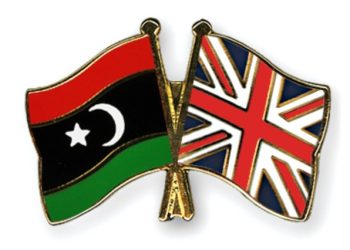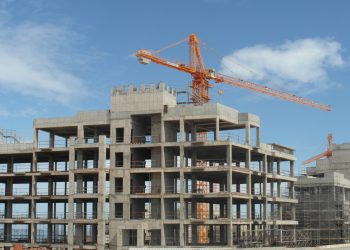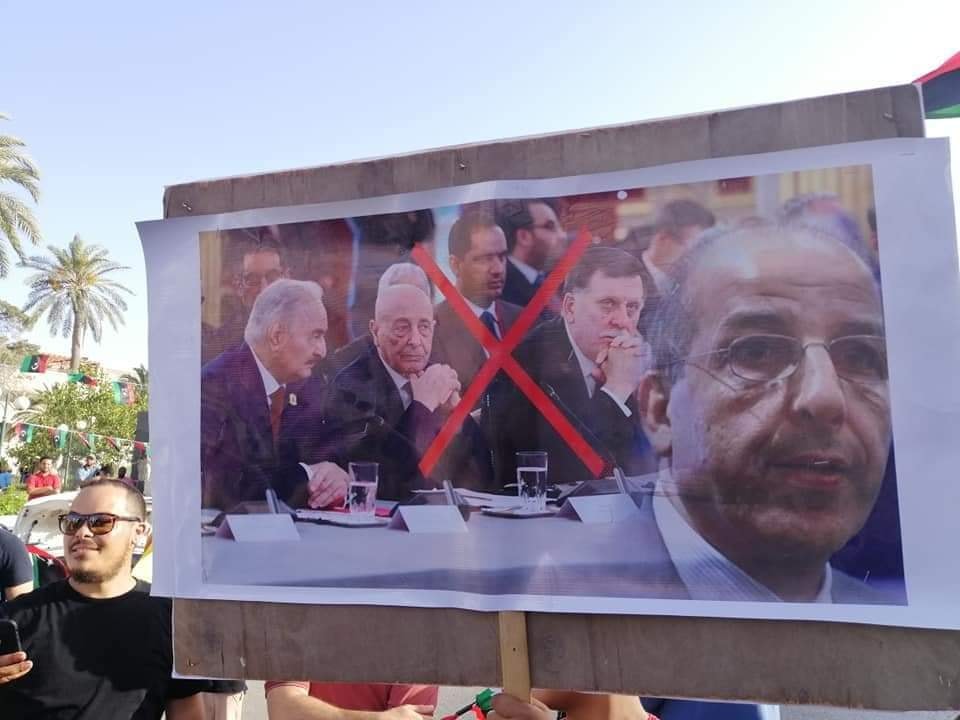By Sami Zaptia.
London, 22 August 2020:
The Libyan economy has recently been hit by four overlapping shocks: an intensifying conflict that suffocates economic activity, the closure of oil fields that puts the country’s major income-generating activity largely on hold, decreasing oil prices that reduce income from oil production in surviving fields, and the COVID-19 pandemic (with 3,438 confirmed cases and 73 deaths as of July 2020), which threatens to further suppress the economy.
The assessment was made by the World Bank Libya Economic Monitor Report 2020 released at the beginning of August.
This monitoring note, first in the biannual series, takes stock of recent economic trends emanating from these shocks. The note aims to inform parties concerned with the well-being of Libyan citizens by providing a systematic overview of the conditions on the ground. The attack on Tripoli in early 2019 and the blockade of the country’s major oil ports and terminals in January 2020 generated the most serious political, economic, and humanitarian crisis faced by Libya since 2011. The economic impact was already felt in 2019 as real GDP growth slowed sharply to 2.5 percent, down from what seemed a promising steady recovery during 2017–18, with a record growth performance of 20.8 percent on average.
‘‘Worse yet, Libya is expected to suffer from a deep recession in 2020’’
Worse yet, Libya is expected to suffer from a deep recession in 2020. At the same time, after many years of high inflation, prices started to recede in 2019 because of falling parallel market exchange rate premia driven by concomitant actions by the government and the Central Bank of Libya (CBL), establishing a fee on hard currency transactions (183 percent) while easing access to foreign exchange (forex).
‘‘public finances remained under stress in 2019’’
Despite higher oil revenues and forex fees, public finances remained under stress in 2019, constrained by higher and rigid expenditures. In particular, the wage bill continued to increase, reflecting a plethoric public sector and rising real salaries. The financing gap in 2019 would have been very high without forex fees that generated a windfall to bridge the gap. Consequently, the budget ran a small surplus after six years in a row of deficits. Libya’s gross domestic debt declined slightly but remains high (144 percent of gross domestic product [GDP]).
In 2019, the current account continued to register surpluses for the third year in a row. This surplus is due to the persistence of the CBL rationing policy to limit supply of hard currency to essential imports only. The higher hydrocarbon revenues also contribute to the surplus. Despite the current account surplus, foreign reserves of the CBL declined by the end of 2019. The dramatic drop in foreign direct investments (FDIs) since 2014 has also contributed to the pressure on foreign reserves. The Libyan dinar (LD) continues to suffer in the parallel market because of political uncertainties and macroeconomic instability. In the first two quarters of 2020, the LD in the parallel market lost 54 percent of its value, following the forex restrictions implemented by the CBL with increasing uncertainty surrounding the macroeconomic framework.
‘‘In the first two quarters of 2020, the LD in the parallel market lost 54 percent of its value’’
Looking forward, as the inability, or severely limited capacity, to produce and export oil might well prevail over the rest of 2020 because of the firm closure of oil ports and terminals, GDP growth is expected to slow further this year. The adopted budget for 2020 partially reflects this dire situation, with a large forecasted deficit, the highest in recent years. Likewise, the current account is expected to run astronomic deficits in 2020–21.
Consequently, reserves will be further declining this year. Risks in Libya are high because the conflict has become a proxy one with involved countries having conflicting agendas. At the time of this note’s preparation, a military escalation with both sides amassing military equipment and troops around Sirte reinforced the downside risks going forward. An alternative scenario that can surmount the current adversity and uncertainty would entail a revitalized national political will to unite the country and its institutions, and to implement the critical policies and reforms to strengthen institutions, stabilize the macroeconomic framework, and diversify the economy.
Update: This report dated July was released in early August. Since its publication, the two conflicting Libyan sides have agreed a formal ceasefire and announced that oil exports will resume.









